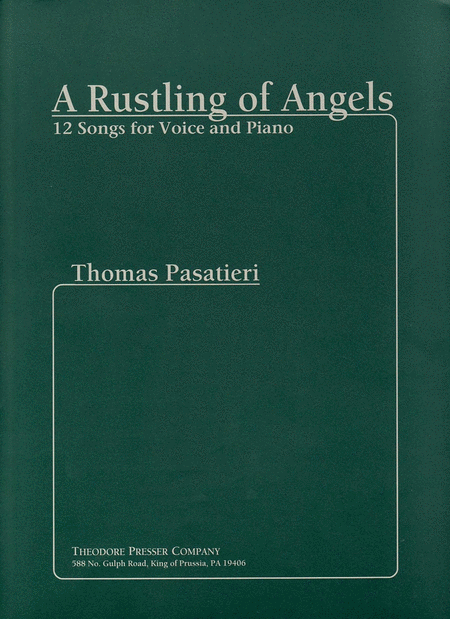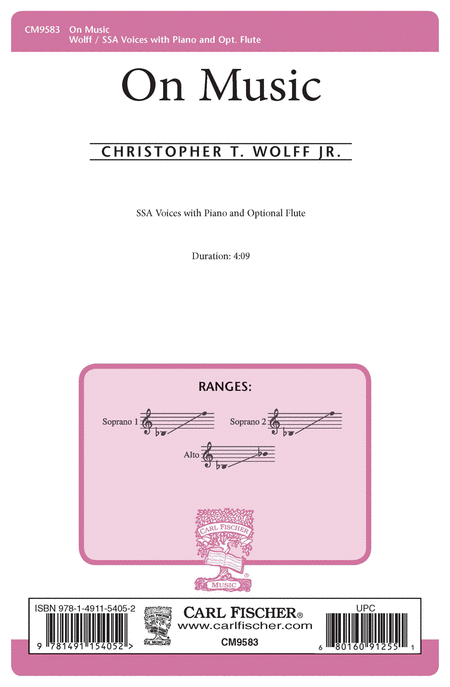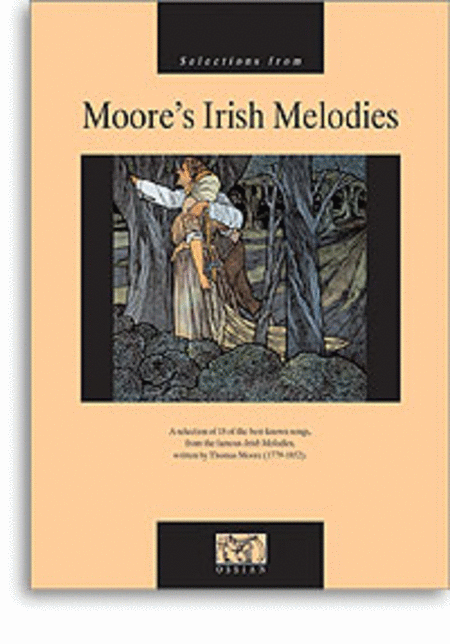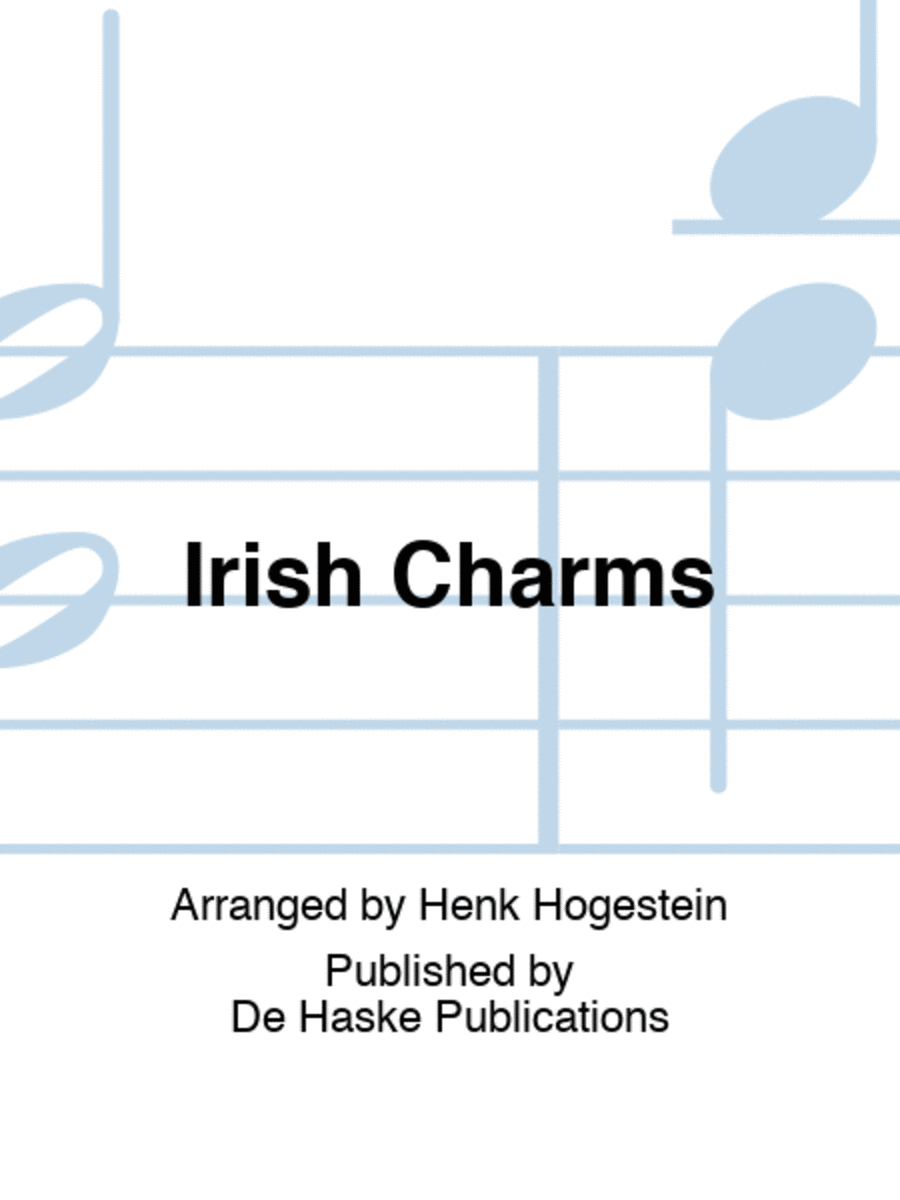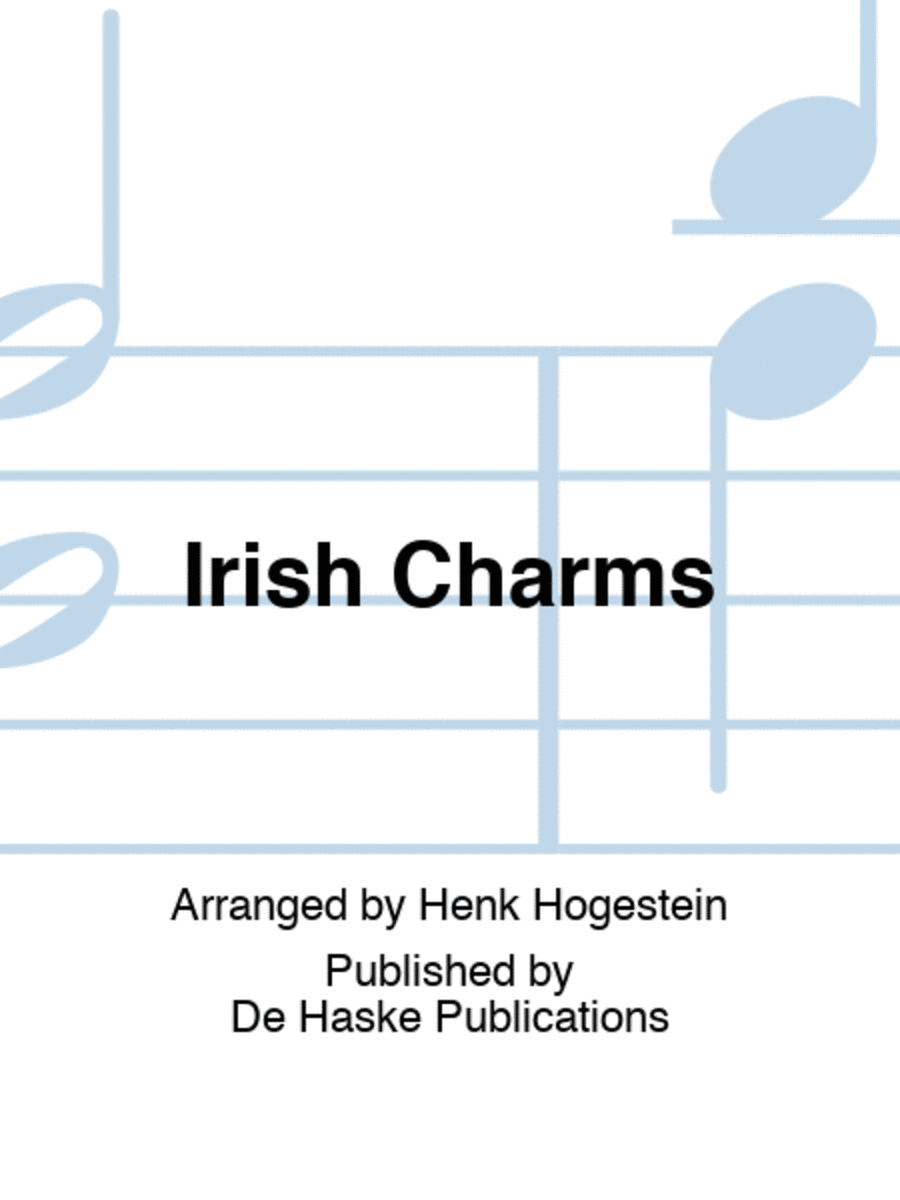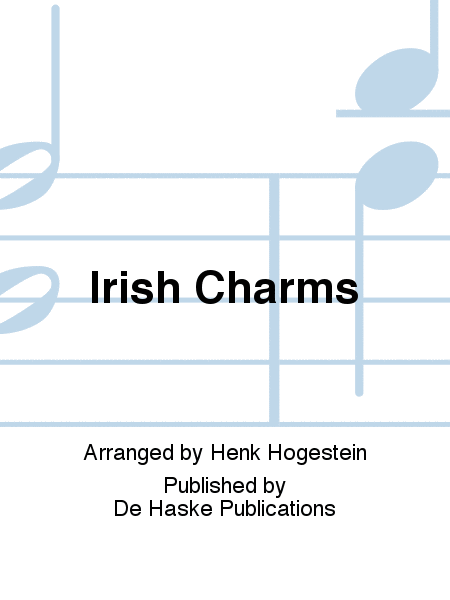Thomas Moore (1779 - 1852)
 Irlande
Irlande
 Irlande
IrlandeThomas Moore (May 28, 1779 - February 25, 1852) was an Irish poet, now best remembered for the lyrics of The Last Rose of Summer. Born on the corner of Aungier Street in Dublin, Ireland over his father's grocery shop, his father being from an Irish speaking Gaeltacht in Kerry and his mother, Anastasia Codd, from Wexford. He was educated at Trinity College, which had recently allowed entry to Catholic students and studied law at the Middle Temple in London. It was, however, as a poet, translator, ... (Read all)
Source : Wikipedia
Source : Wikipedia
FREE SHEET MUSIC
- Light
Active criterias:
Search
| |||||||||||||||||||||||||||||||||||


